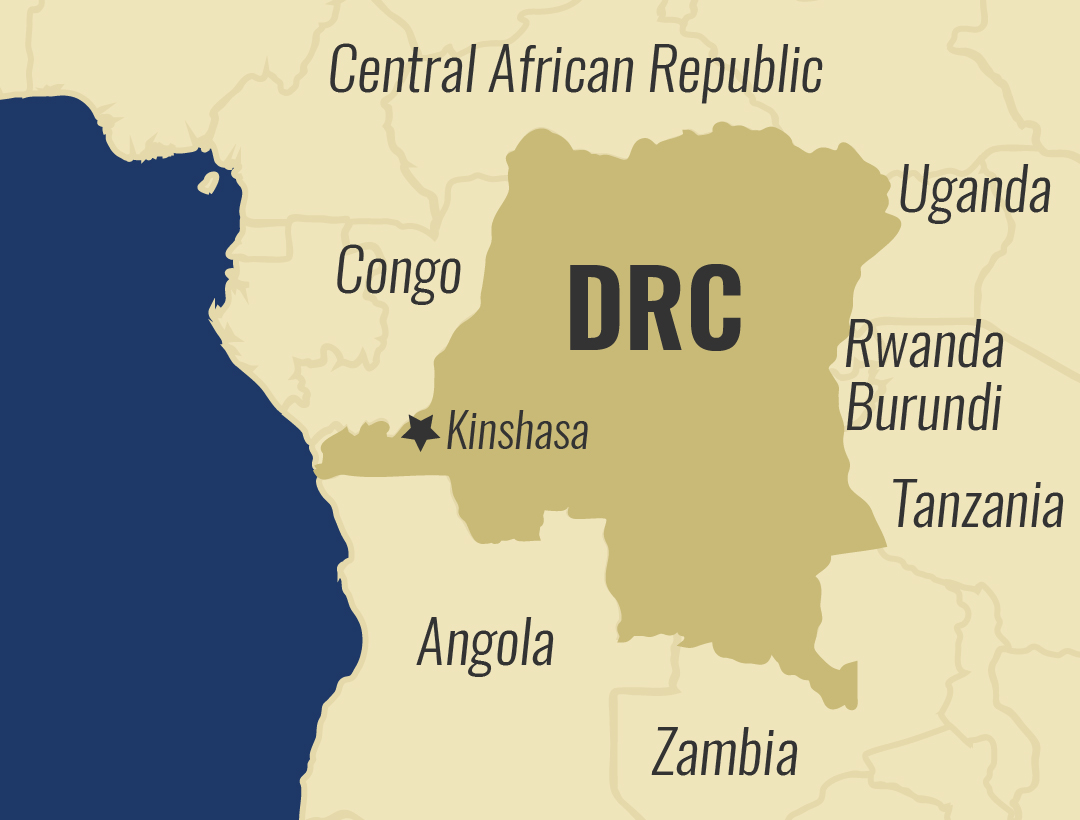Faces of Africa – Mugabe: The Old Man and the Seat of Power, Part 2
During his time as the president of Zimbabwe, Robert Gabriel Mugabe was internationally recognized as a statesman, an educator and a visionary.
“Zimbabwe became the diplomatic hub of the region all because of meaningful sentiments that the president exhibited then,” said Patrick Russo, a journalist and political analyst.
Mugabe received honorary degrees y many esteemed institutions like St. Augustine’s in Tanzania, Lomonosov State University in Russia, Michigan State University in US and Edinburgh University in UK.
He, however, is a graduate of the University of Fort Hare in 1951, while he successively earned six further degrees through distance learning. With all that, Mugabe appeared to be on the road to a progressive future.

One of Mugabe’s priorities was to educate Zimbabweans. He also took economic initiative to spur the country’s economy by introducing a five-year plan in 1989 that allowed farmers to set their own prices. This paid off immediately as the agricultural sector grew progressively.
After the success of the agricultural sector, in 2000 Mugabe decided to distribute land from white settlers as they had occupied fifteen million hectares of farm land. He then transferred three million into black hands for farming.
“Since the majority of our people depend on the land for sustenance and livelihood, we need to ensure they have access to the land, and that Africans vast agricultural potential, is fully earnest,” told the former president of Zimbabwe, Robert Mugabe.

“We were held under siege and forced into closure on the farm in 2000,” said John Worsely, a white farmer.
Mugabe was then to compensate the white farmers and have the new black farmers taught how to farm. But local politics and unfulfilled pledges of financial help from the British government doomed the program to failure.
The unpremeditated consequences were a huge drop in productivity and eventually, a virtual food crisis.
“What we have, even the former president regretted it during his 91st birthday interview, was that he allocated people big portions of land that they were not able to farm,” said Patrick Russo, a journalist and political analyst.
Maintaining his popularity among Zimbabweans, Mugabe won the 1990 polls with 83% of the popular vote. In the 1996 poll, he won with 90% after a withdrawal, shortly before the election from his opponents Abel Muzorewa and Ndabaningi Sithole. And in 2002, against Morgan Tsvangirai, Mugabe won by 14%.

It was in 2008 elections that Morgan Tsvangirai stood against Mugabe and lost due to boycotting a rerun. Tsvangirai was then appointed as the Prime Minister of Zimbabwe. They worked together to revive the country’s economy that had dropped in eighteen years due to inflation.
In 1980, the Zimbabwe Dollar stood at 1 ZWD to 1.47 USD, while in 2008, it stood at 2,600,000,000 ZWD to 1 USD. In 2009, Zimbabwe started using the US Dollar as the official currency that stopped the economy’s hyperinflation.
As a symbol of British anger at human rights abuses in Zimbabwe, Robert Mugabe’s honorary degrees from The University of Massachusetts and the University of Edinburgh were rescinded, while stripped off his British Knighthood that he had received in 1994 from the Queen.
“Unfortunately, human nature is such that you remember the most immediate, you don’t remember the distant,” Simba Makoni, a former Minister in Mugabe’s Government said.
In November 2017, Robert Mugabe bowed to pressure from the military and stood down as the president of Zimbabwe, ending his 37 years in ruling.





